

Changing Literary Agents
One of the most difficult experiences for an author is changing literary agents. Sometimes, as much as many hate to admit it, seeking out new representation becomes necessary. If a relationship between an author and their agent isn’t productive, it can often be worse than having no agent at all.
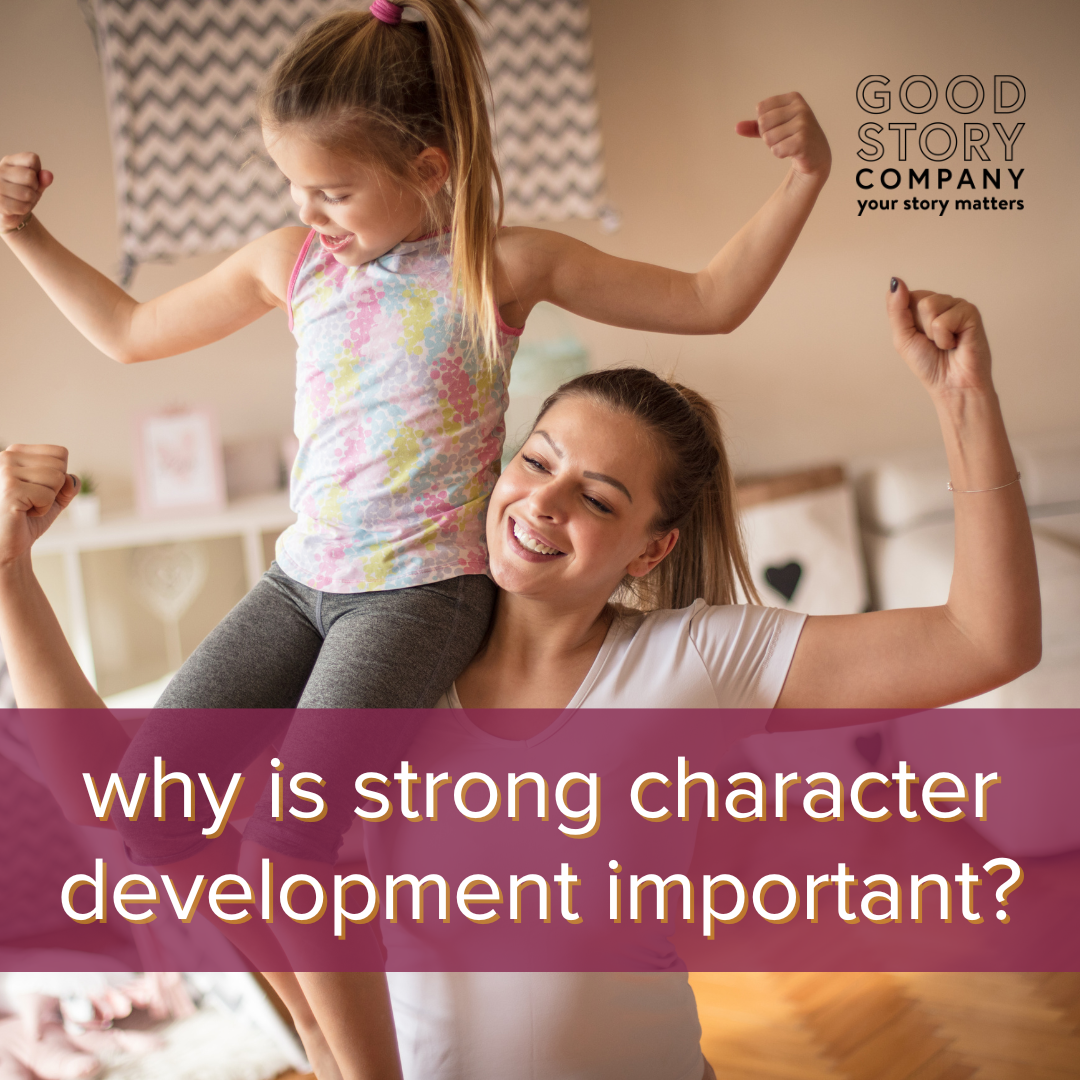
Why is Strong Character Development Important?
Strong character development arcs make better stories. Here are some tips on writing characters that readers will connect with and root for.
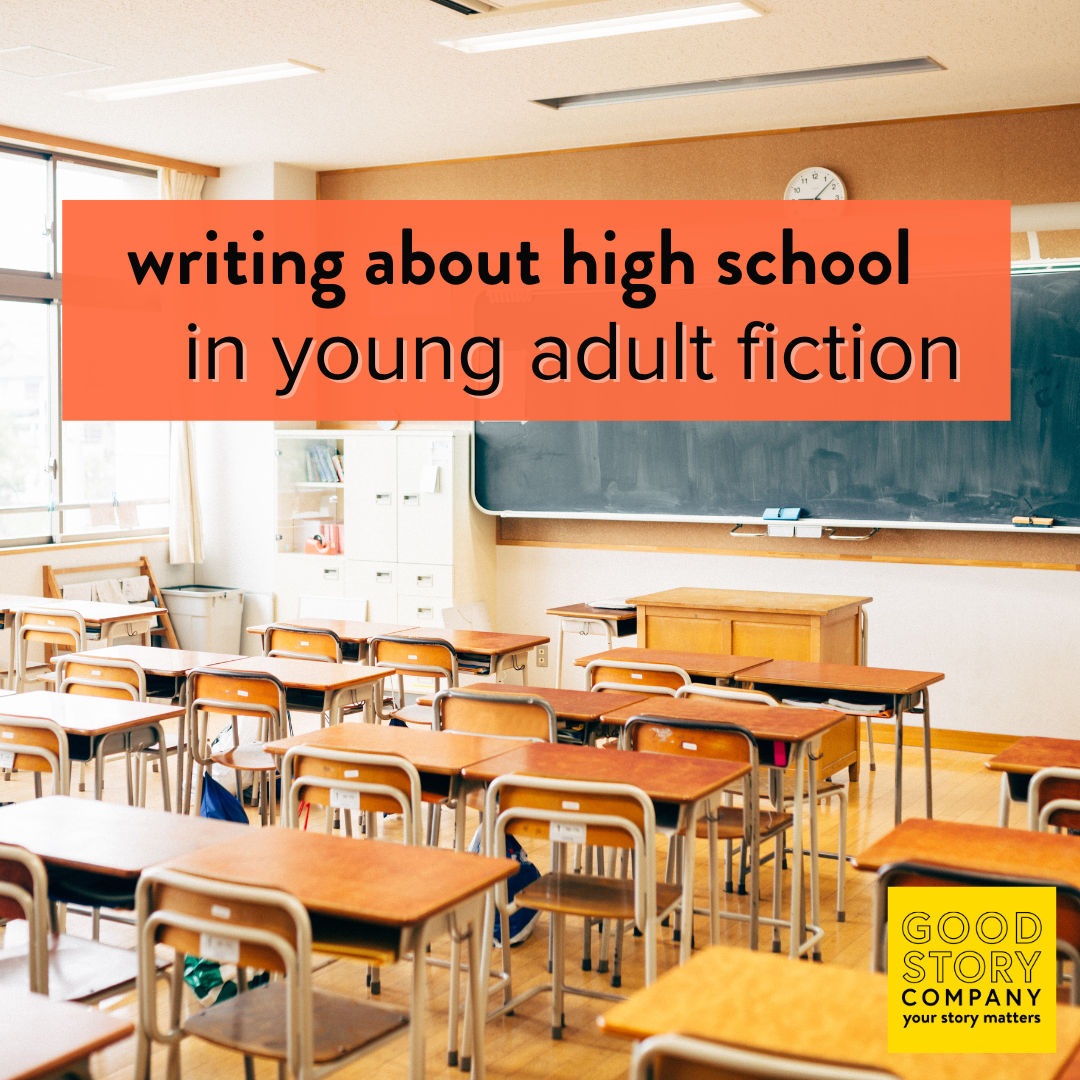
Writing About High School in Young Adult Fiction
You’ve got the perfect idea for your YA novel, but don’t forget about the setting! Most young adults go to school for six-plus hours a day, five days a week, so it’s the perfect setting for teen angst, romance, coming of age, and humor. Here are some tips for writing about high school in young adult fiction.

Writing Believable Characters
We know a believable character when we see one. We know what they want, how they feel, and that they’ll be different at the end of the story than they were at the beginning. Here’s how to make sure they’re connecting with your reader.
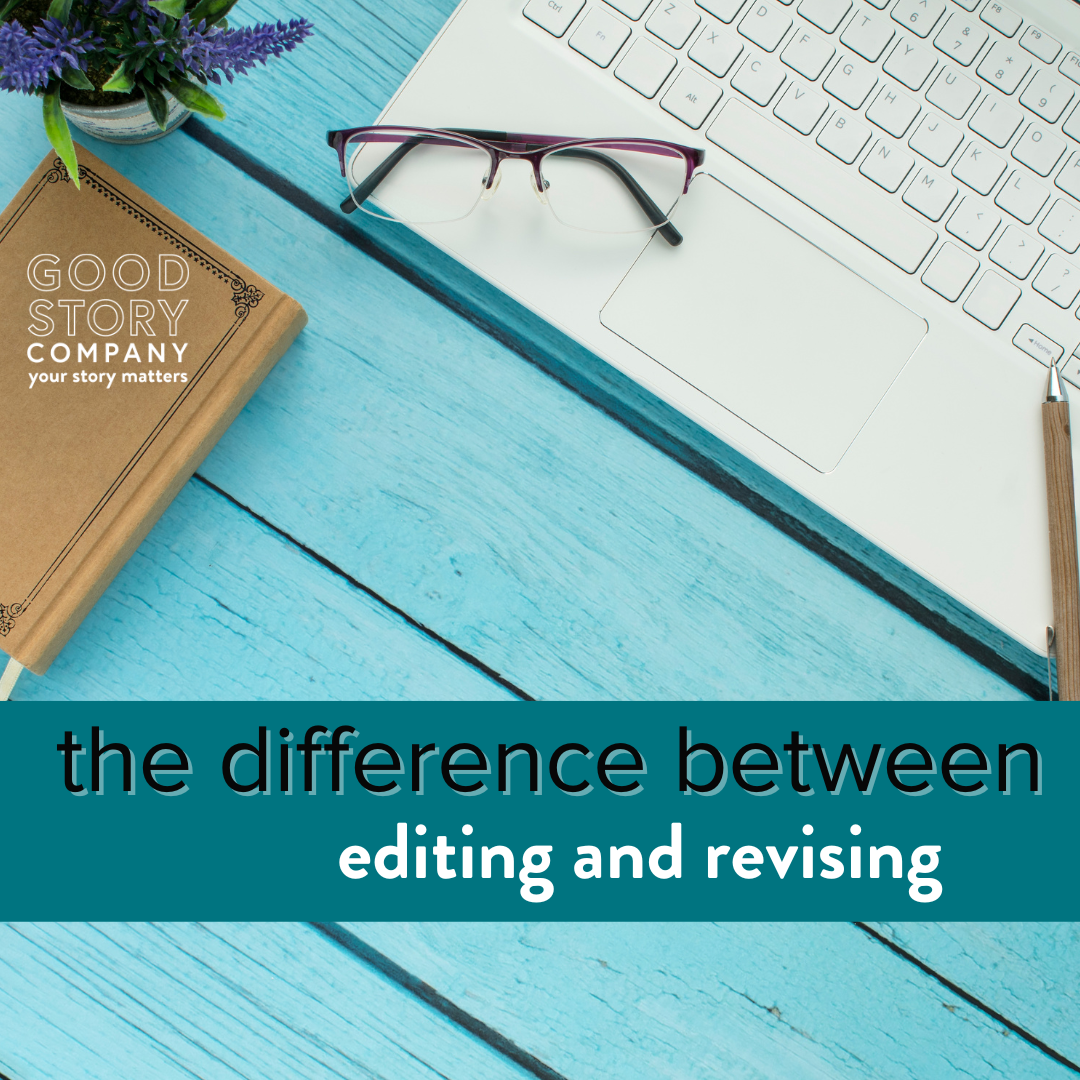
The Difference Between Editing and Revising
There’s an important difference between editing and revising, although writers tend to use “editing” and “revising” as interchangeable terms to mean anything other than drafting. You’ll need to do both, so it’s helpful to understand the difference.

Chosen One Stories: Is Your Hero Worthy of the Journey?
The “chosen one” premise is the focus of many books. They're the only person who can save the town, world, or galaxy. But writing a "chosen one" story is harder than it seems. How do you successfully execute this premise?

How to Start a Memoir
Many people wonder how to start a memoir, and if it’s even worth doing. Yes, it is absolutely worth doing. But not every event from your life merits inclusion. You have to be selective. Here’s how …

So, you got a query rejection.
Query rejection hurts. You’re putting your shiny new novel out into the world, just for people to say “no, thank you.” Here are some of the best ways to deal with a query rejection.

Writing Good Sentences
Writing good sentences is at the heart of telling a good story. However, it’s not the first issue to tackle in revisions. First, finish your draft. Second, step away from your manuscript. Third, edit macro issues such as plot holes, character development, and story arc. Don’t fret about sentence craft until the bones of the story are in place and working well.
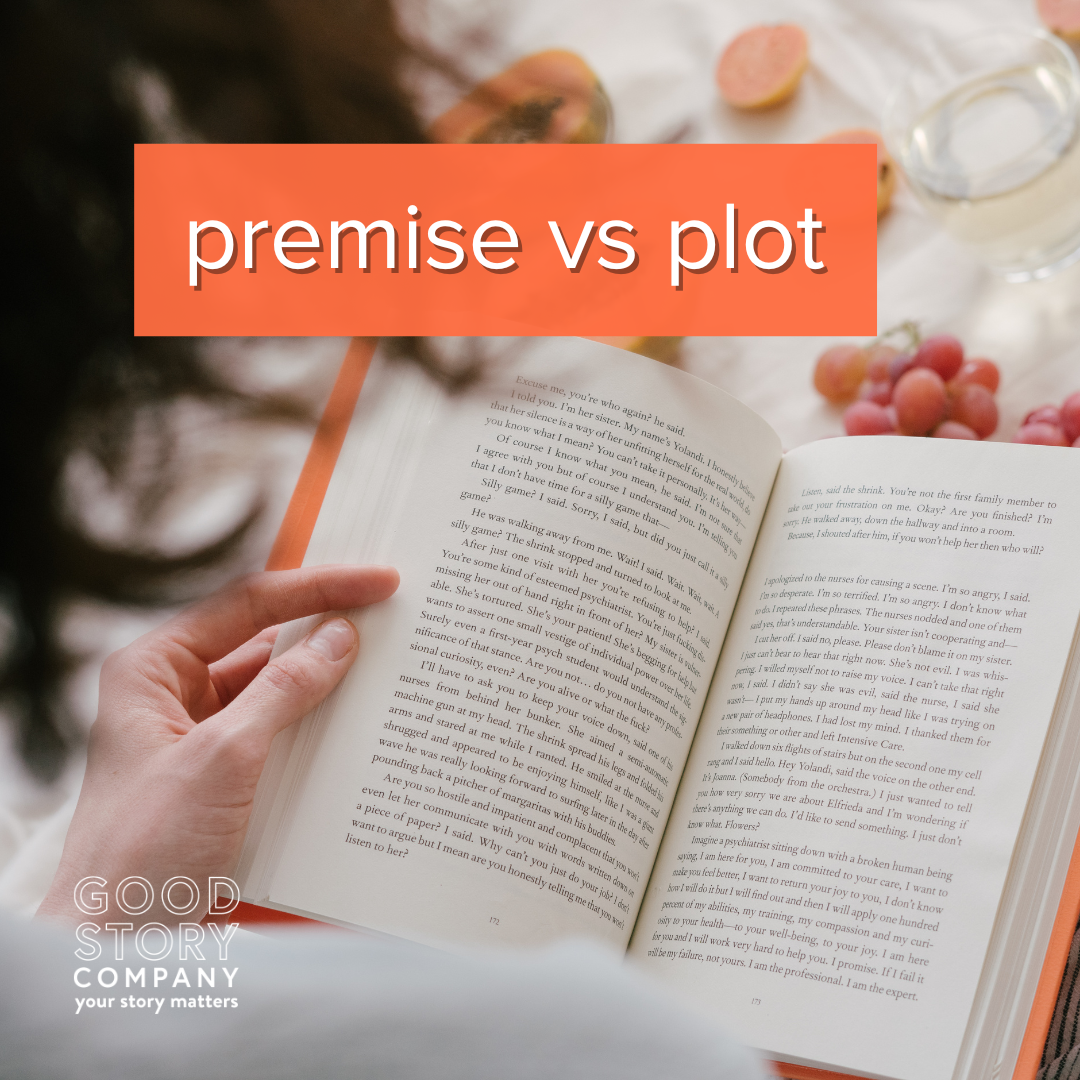
Premise Vs Plot
The concept of premise vs. plot is a common stumbling block for many writers. They’ll think they have a killer idea for a manuscript lined up, but when they sit down to write, the energy fizzles out partway through. Why isn’t a great idea enough?

3 Helpful Tips for How to Rewrite a Novel
Rewriting a book doesn’t mean your idea or your writing are bad. It means there’s a better way to show readers the essence of what you’re trying to tell them. Here are 3 helpful tips to get you started!
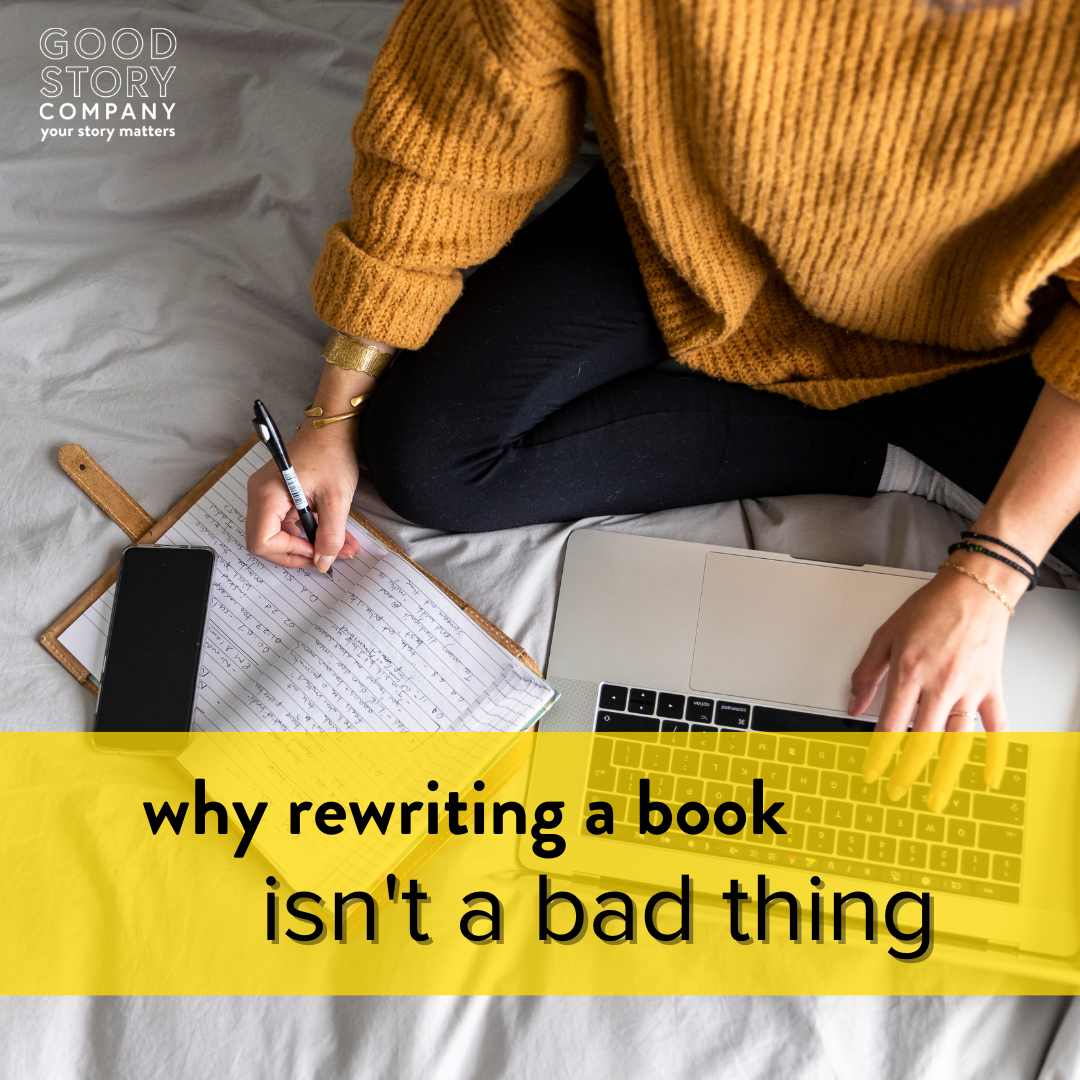
Why Rewriting A Book Isn’t A Bad Thing
Rewriting a book may seem like a daunting task, but it’s worth it. Not only will rewriting develop your narrative, but it’ll make you a better writer. Here’s how.

Boring Characters
Hello. My name is Blandy. My appearance is normal. My eyes, hair, and build are ordinary. My opinions are private. My feelings are mild. I have a job in an office where I work. For leisure, I either look outside or inside. I am a boring character.

Tag, You're It! Using Dialogue Tags Effectively
Dialogue tags are invisible and useful when done well, but they can kick a reader out of a story so quickly when they aren’t. Let's talk about which ones work, and which are less effective.

Writing Under a Pseudonym
Many authors write under a pseudonym, also known as a pen name. If you think writing under an alias is in your future, here are some criteria to help you decide. I’ve also got some tips on how best to come up with one.

Writing Shy Characters
How do you write shy characters? Shy people often have rich inner worlds that are teeming with life; they’re just selective about who they let inside. Here are a few ways to help you show your shy character’s true nature.

How to Be a Writing Buddy
How is a writing buddy different from a critique partner or writing partner? The terms are often used interchangeably, but I happen to think that a “writing buddy” is friendlier. So here’s how to be a good one, and boost your own critique and writing skills at the same time.
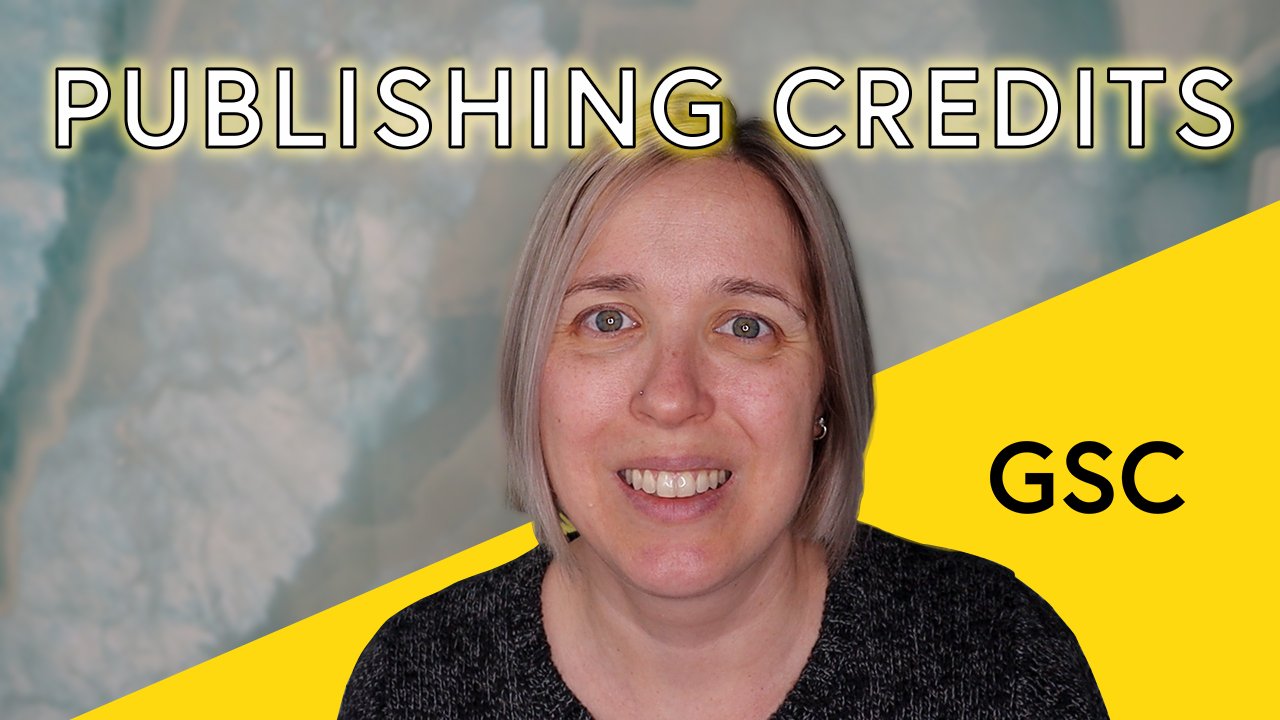
Publishing Credits
If you're a non-fiction or memoir writer, here's essential advice on how to map out your path to a book deal.

Episode 35: Gretchen McNeil, YA Horror/Suspense Novelist
Dark YA novelist Gretchen McNeil joins Mary in an episode all about recognizing and executing a good story idea. They discuss the shifting young adult book market and embracing diversity, mastering storytelling structure and the importance of shaping the reader's experience, and the controversial subject of IP development.
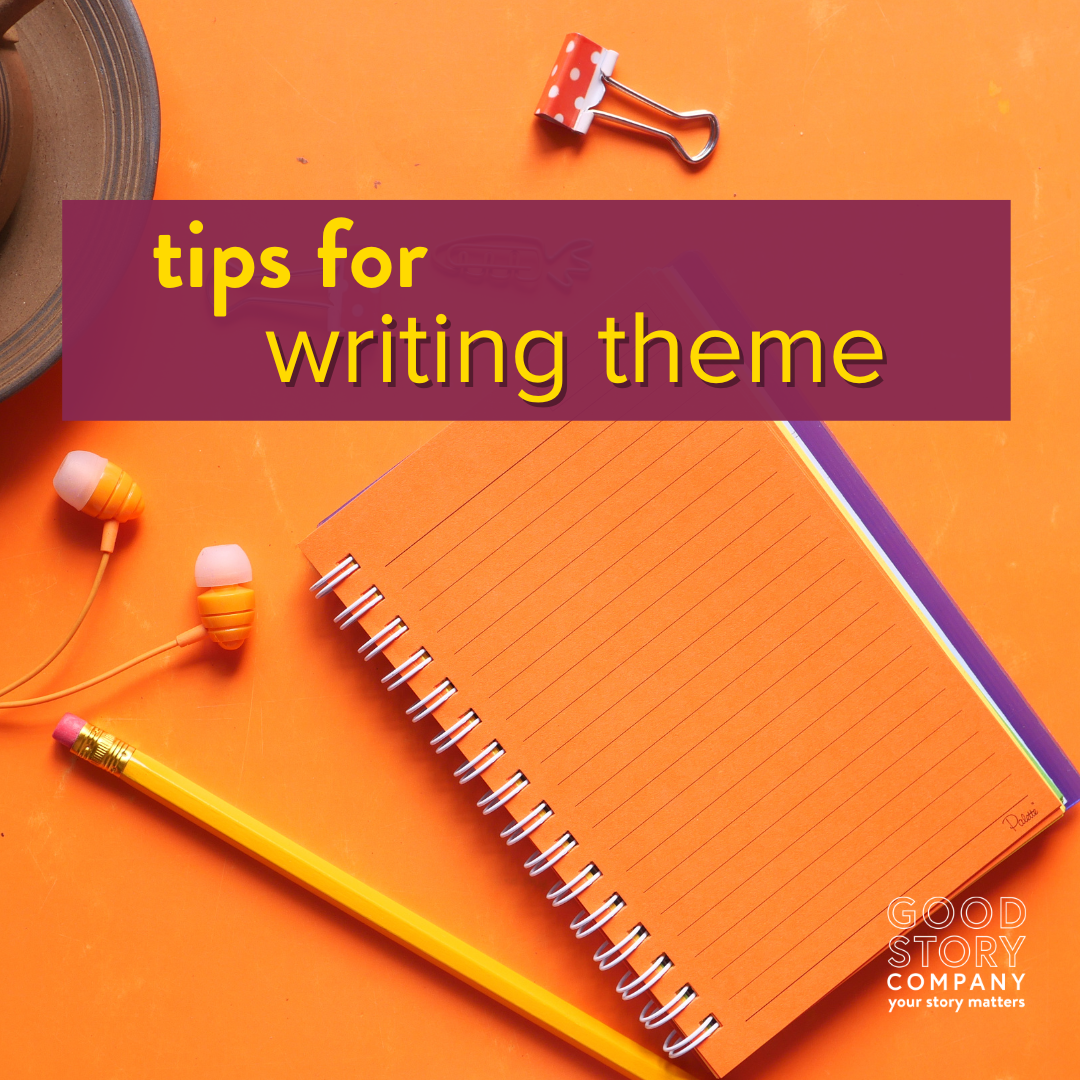
Tips for Writing Theme
The act of writing theme is an important ingredient in storytelling, but it doesn’t have to resound with Meaning-with-a-capital-M. In fact, theme works best when it’s subtle and even open to interpretation. Here are three tips that’ll help you incorporate theme into your story.
